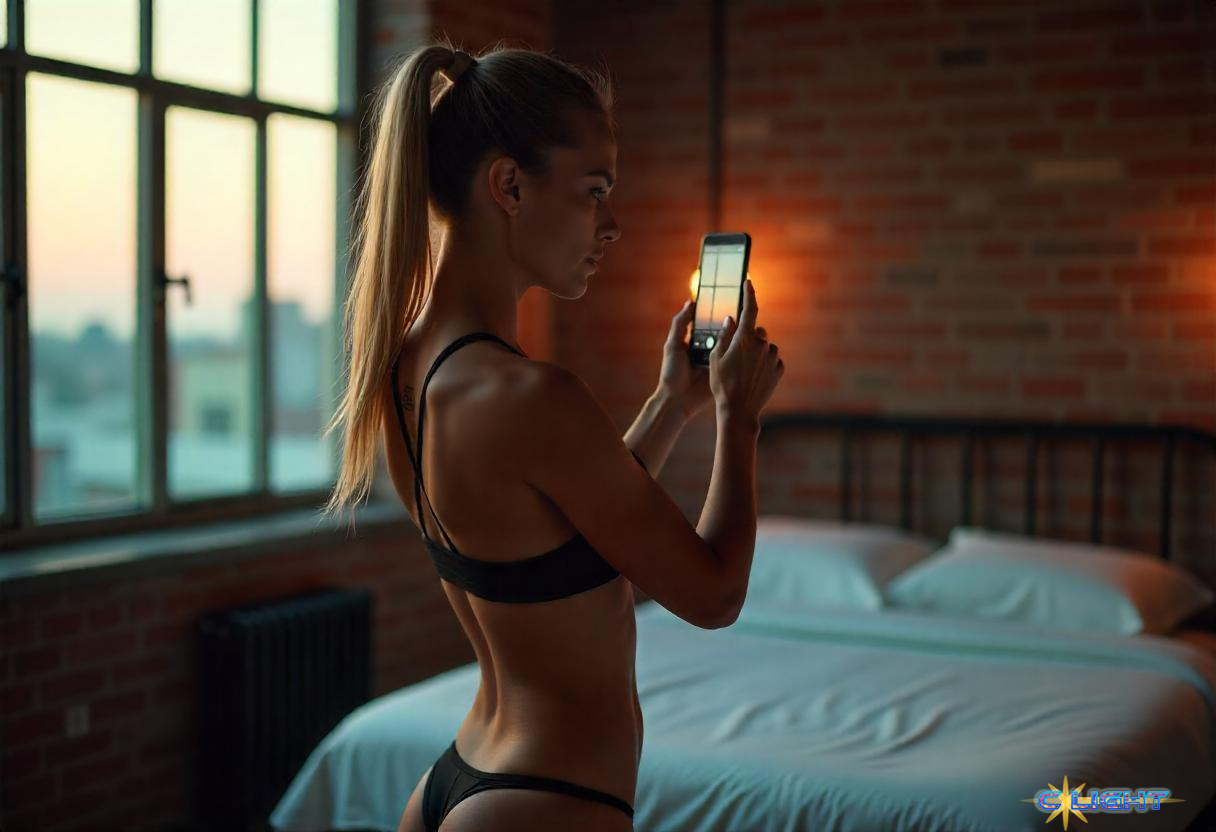Meta Platforms, the parent company of Facebook and Instagram, have announced new restrictions for users under the age of sixteen. Under the new community guidelines, parental permission is necessary for underage users to live stream on either platform or to unblur nude images in their DMs.
These add to protections already in place for teen Instagram users, including setting teen accounts to private by default, blocking private messages from strangers, having strict limits on sensitive content like fight videos, reminders to get off the app after 60 minutes, and notifications that are halted during bedtime hours.
If you think that all sounds great, you might want to have a heart-to-heart with your teenager. We wanted to see if the protections had indeed been rolled out yet. We know that Meta often has a lag between when they announce something new and when it is actually implemented. We wouldn’t have written this article if the restrictions weren’t in place. So, we asked a 14-year-old if they had noticed any new restrictions on their account. Their answer was, “Yes, but…”
They explained to us that the new restrictions are similar to those already in place on other social media platforms, such as TikTok. As such, most teens likely already know how to work around those restrictions. Teens are a rebellious sort, you know. It’s part of growing up that encourages them to test boundaries even when told that they’re dangerous. We were not surprised by this response at all. Disturbed, yes, but not surprised.
The first workaround mentioned was to use a safe background, such as a kitchen or living room. They said that the AI-based algorithm automatically picks up on where the user is located and is more likely to block a live stream if the user’s bedroom or bathroom appears in the feed. Similarly, outside locations such as a park with playground equipment is more likely to be blocked by the company.
The second tactic employed is the use of a Virtual Private Network (VPN). Does you’re teen know about VPNs? Probably. Many people used them earlier this year when the TikTok ban was in place for the US. Utilizing a VPN masks the user’s location so that location-based bans become irrelevant. We were told that not everyone likes VPNs because, on some platforms, they slow down the feed and cause glitches. However, they’ve been in use long enough that experienced teens are happy to tell newbies which VPNs are best.
The third tactic used is wearing masks or, if your software allows, placing an emoji over your face. The algorithm is flummoxed by this tactic and assumes that the user is of legal age. However, it should be noted that even with a mask on, the algorithm still picks up on the background and will block users accordingly.
“Teen Accounts on Facebook and Messenger will offer similar, automatic protections to limit inappropriate content and unwanted contact, as well as ways to ensure teens’ time is well spent,” Meta said.
All the teens in the room laughed.
Discover more from Clight Morning Analysis
Subscribe to get the latest posts sent to your email.










